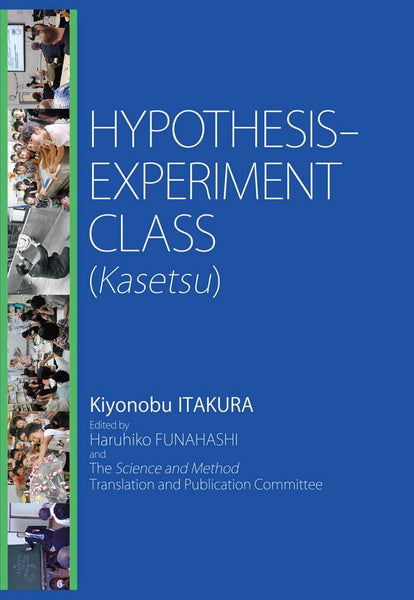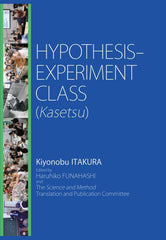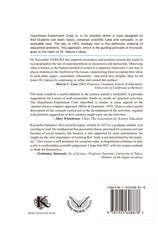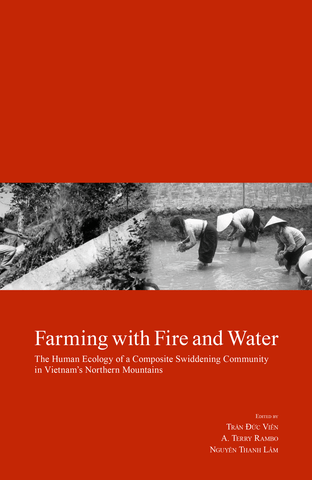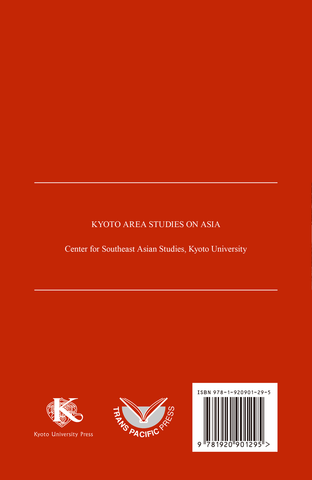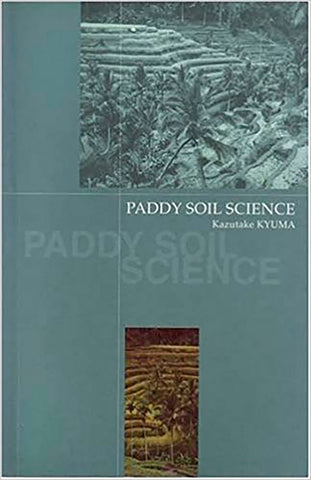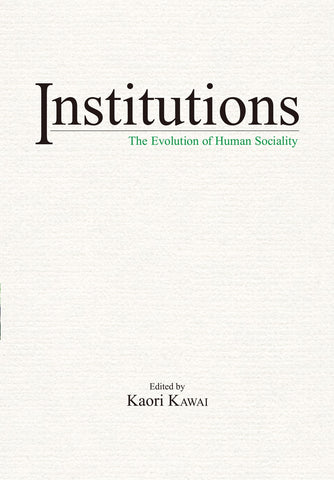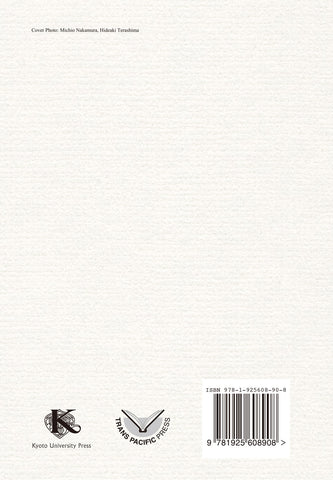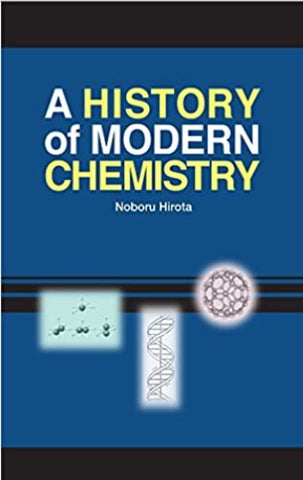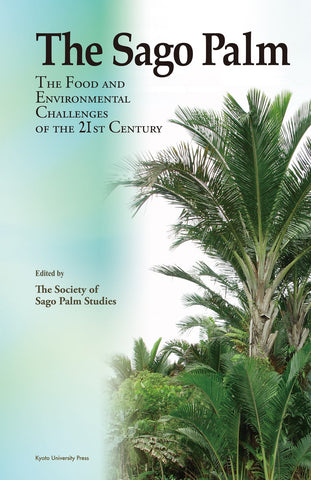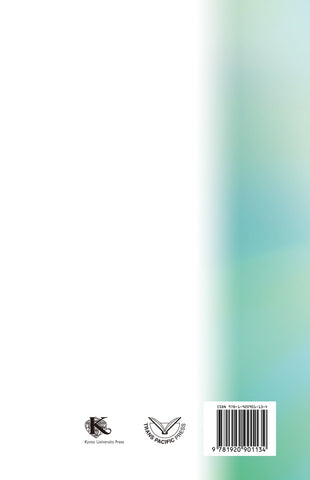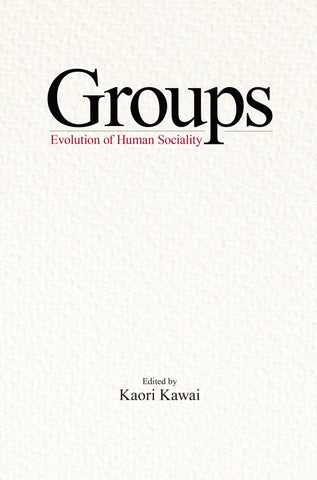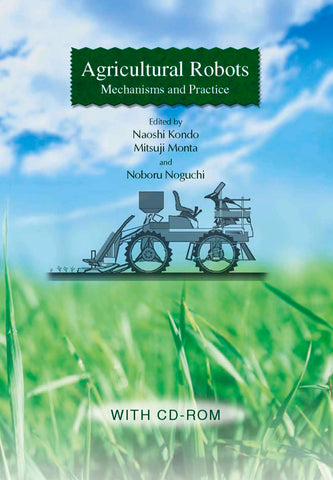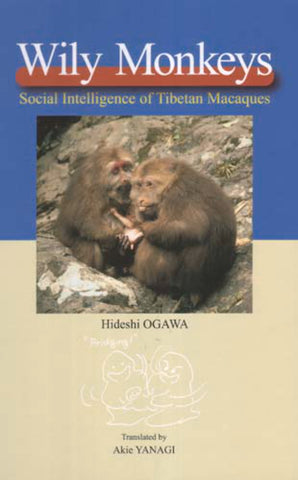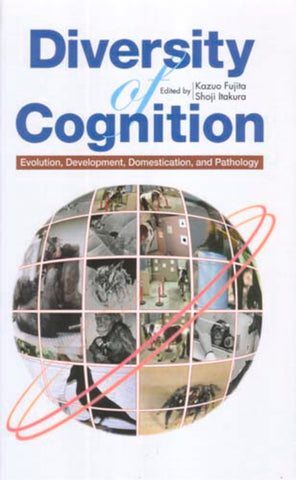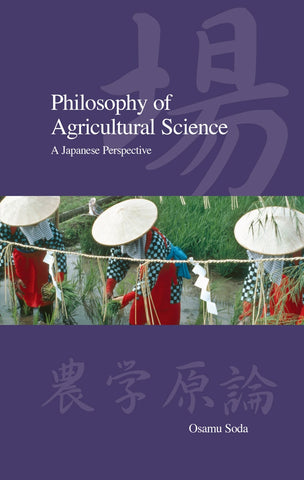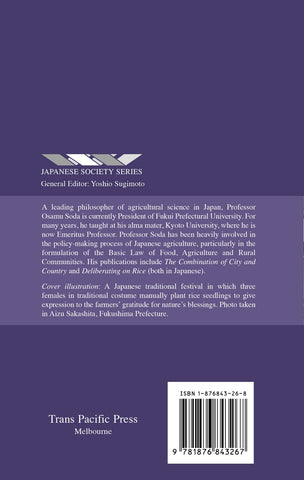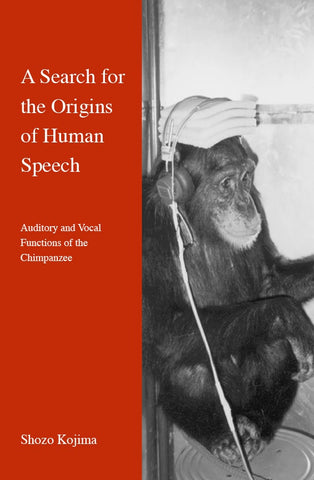Hypothesis - Experiment class (Kasetsu)
Many In Stock
Hypothesis–Experiment (Kasetsu) Class is, in its simplest terms, a class designed so that students can learn ‘basic, universal scientific rules and concepts’ in an enjoyable way. This method was made by Dr. Kiyonobu Itakura. The first part of this book presents the philosophy behind Kasetsu Hypothesis-Experiment classes and Classbooks (Jugyosho). The second part includes English versions of four of the HEC Classbooks. Teachers are encouraged to find ways of allowing students' own curiosity and thinking to guide their discovery of scientific ideas.
Reviews
- Dr. Kiyonobu ITAKURA has inspired researchers and teachers around the world to reconceptualize the use of experimentation in classrooms and instruction. Observing what is known as the Itakura method in action in a Japanese classroom, I saw how it places students at the forefront of the lesson, empowering them to explain their ideas to each other, argue sometimes vehemently and reach new insights. May we all honor Dr. Itakura by continuing to refine and extend this method. Marcia C. Linn, PhD, Professor, Graduate School of Education, University of California at Berkeley
- The book would be a useful addition to the science teacher's bookshelf. It provides suggestions for a series of well-researched hands on, minds on practical activities. The Hypothesis-Experiment Class described is similar in some aspects to the predict-observe-explain approach (White & Gunstone, 1992). There is also a useful description of the research carried out in the development of the activities, together with detailed suggestions of how teachers might carry out the activities. Mary Whitehouse, Chair, The Association for Science Education
- Kiyonobu Itakaura's first scientific paper, written in 1953 as a graduate student, was exciting to read. He emphasized that geocentric theory persisted for centuries not just because of social reasons but because it was supported by most astronomers. He taught me the vital importance of learning that truth is not determined by the majority. This lesson is still pertinent for scientists today as dogmatism continues to play a role in confounding scientific judgement. I hope that HEC will also inspire students to think for themselves. Toshimitsu Yamazaki, Dr. of Science, Professor Emeritus, University of Tokyo, Member of the Japan Academy
About Editors and Authors
ITAKURA Kiyonobu
ITAKURA Kiyonobu was a Japanese researcher who specialized in the history of science, pedagogy and the history of science education. His eminent career included serving as Director of the National Institute of Education. Itakura was a renowned educational researcher, science historian and thinker. After completing a PhD in Physics at the University of Tokyo, he joined the National Institute of Education where, in 1963, he proposed the Hypothesis-Experiment Class (Kasetsu) model centered on “problems, expectations, discussions and experiments”, with the aim of improving science education in schools. The Hypothesis-Experiment Class system has been implemented in schools around the world. His achievements far exceeded the boundaries of the institute at which he was employed, and he wrote many books and papers even after retirement. He passed away in 2018.
FUNAHASHI Haruhiko
FUNAHASHI Haruhiko is Professor at the Center for the Promotion of Excellence in Higher Education, Kyoto University. His areas of specialization include fundamental physics and physics education. He received his PhD in Science (Physics) from Kyoto University, and his research interests include neutron interferometry, the Hypothesis-Experiment Class, HEC Classbooks and introductory science education.
Table of contents
Preface
Acknowledgements
Biography of Dr. Kiyonobu Itakura
About the editorial committee members
A Collection of Articles and Essays by
Kiyonobu Itakura
1 The Process of Establishing Mental Recognition
in Science
2 What is the Hypothesis–Experiment Class?
Show More >
Preface
Acknowledgements
Biography of Dr. Kiyonobu Itakura
About the editorial committee members
A Collection of Articles and Essays by
Kiyonobu Itakura
1 The Process of Establishing Mental Recognition
in Science
2 What is the Hypothesis–Experiment Class?
History and Classroom Management
3 Hypothesis–Experiment Class as Democratic Education
4 Memorandum Regarding Hypothesis–Experiment Class
First Appearances and Research History
Further Reading
The Kasetsu Class Album
Appendices: HEC Classbooks (Jugyōsho)
1 Objects and their Weight
2 Force and Motion (1)
3 If You Could See an Atom
4 How Many Legs?
